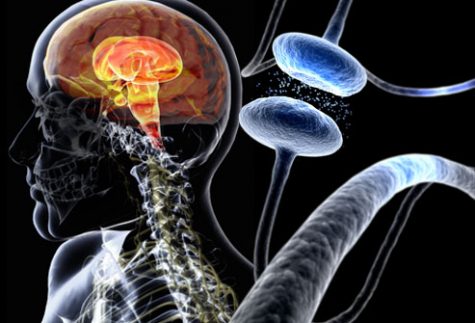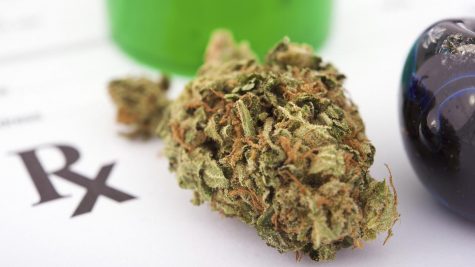Has cannabis legalization in the U.S. reached a turning point?
Oklahoma’s reformed cannabis laws, combined with a shift in public opinion, may encourage the federal government into making medicinal cannabis legally accessible to the remaining 20 states.
Is the U.S. at a crossroads in cannabis legalization?
There’s no way to ignore the progression of the U.S. cannabis industry, from the hundreds of dispensaries ushering consumers through their striking glass doors to the many companies embracing advanced technology, such as seed-to-sale software. Just last month, Oklahoma legalized cannabis for medical use, making The Sooner State the 30th to reach this milestone.
Other places on the map may be feeling pressured to follow in the footsteps of weed-friendly states, leaving many people to wonder if this is the point where the entire nation turns a verdant shade of green.
Certain states are lagging behind with cannabis legalization

However, it wasn’t the legislature that legalized weed in the state of Oklahoma. Voters directly approved medical cannabis.
Decriminalization may be tricky for states that don’t have the option for a ballot initiative. Since direct democracy is such an influential factor in cannabis legalization, the remaining 20 states may struggle to liberalize cannabis policy just yet.
Views on medical cannabis are changing
Those states that have not yet adopted cannabis-friendly laws might not necessarily remain in the red zone of cannabis legalization. Medical research is helping people to learn more about the cannabis plant, which, in turn, is prompting the general public to embrace cannabis reform.
If cannabis were to be removed from the list of nationally controlled substances, states that are currently failing to keep up the pace will likely follow suit.
Cannabis advocates, researchers, and journalists have combined their efforts to discover and promote the medicinal “powers” of medical cannabis. The plant has been hailed for its efficacy at treating widespread medical conditions and ailments, including epilepsy, chemotherapy-related nausea, and chronic pain.
Ongoing efforts like this could effectively dissolve the negative stigma that enshrouds the topic of cannabis consumption. As a result, citizens of lagging states will more than likely start supporting medical cannabis, which will have a direct effect on the decisions made by state legislatures and conservative voters.
Cannabis to treat opioid addiction?
 The subject of opioid addiction is frequently being mentioned in the media. Various studies present evidence to support the use of medical cannabis as a treatment for pain, which is one of the most common reasons why patients use opiates.
The subject of opioid addiction is frequently being mentioned in the media. Various studies present evidence to support the use of medical cannabis as a treatment for pain, which is one of the most common reasons why patients use opiates.
Cannabis is not addictive, unlike opioid pain-relievers, such as oxycodone and fentanyl. Often described as an “opioid exit drug,” cannabis has been studied for its benefits as a substitute for opioid-based pain medication.
If cannabis advocates can draw more attention to the prospect of using cannabis to fight the opioid crisis, it’s safe to say that the U.S. cannabis industry will have reached a tipping point.
Oklahoma’s reformed cannabis laws, combined with a shift in public opinion, may encourage the federal government to make medicinal cannabis legally accessible to patients in the remaining 20 states. After the plant is legalized nationwide for medical purposes, the next step is recreational cannabis legalization.













